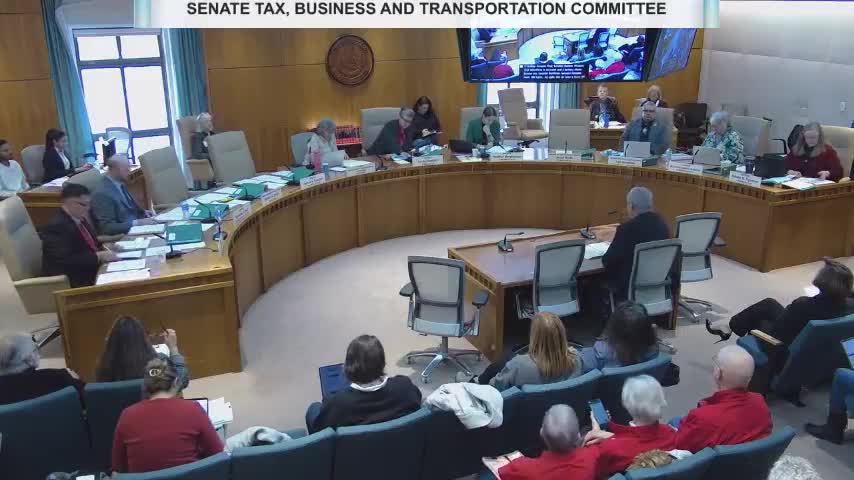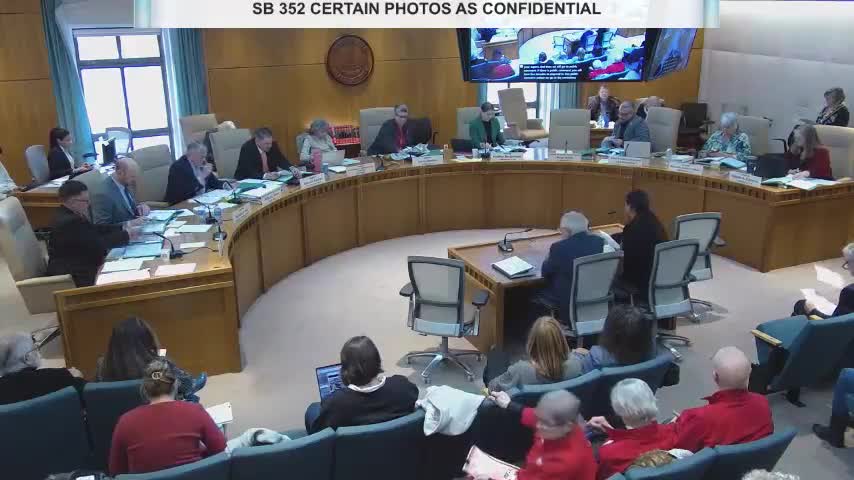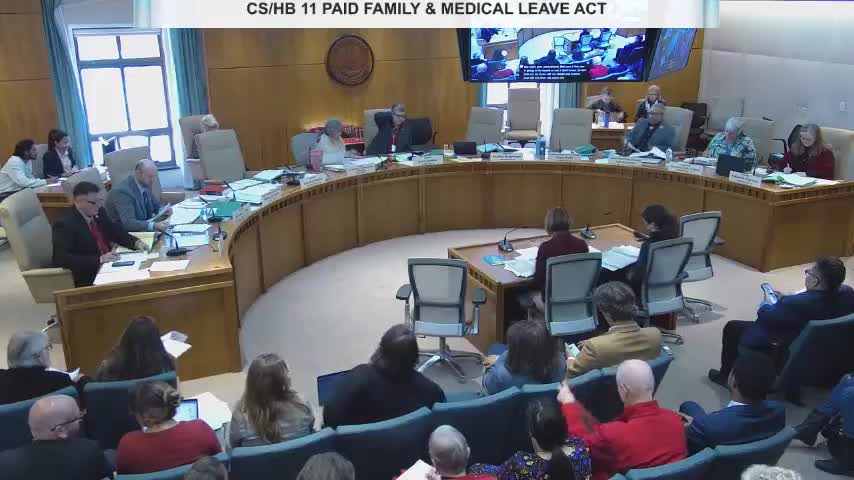Article not found
This article is no longer available. But don't worry—we've gathered other articles that discuss the same topic.

Votes at a glance: Committee advances multiple tax and economic bills — procurement caps, film loans, housing support and more

Senate committee narrowly advances bill to raise severance-tax private equity cap amid debate over risk and job retention

